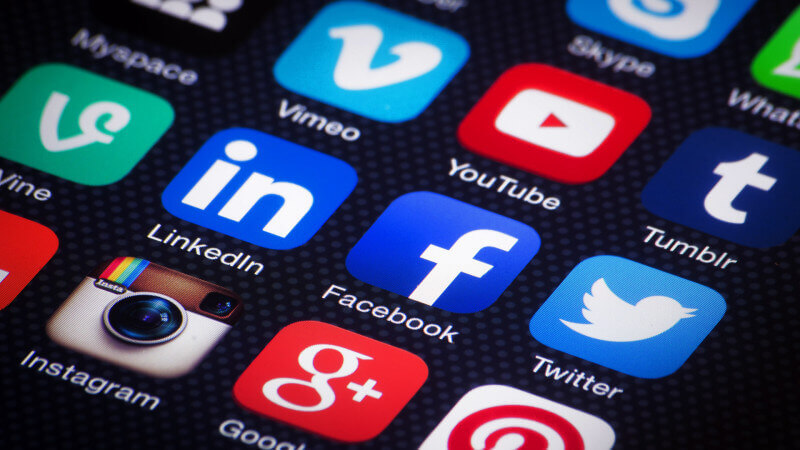
The marketing landscape has drastically changed in recent years, due in large part to the popularity of social media.
Hotels across the United States have picked up on the trend, tailoring their marketing strategies around online platforms such as Facebook, Instagram and TikTok.
Subscribe to our weekly newsletter and stay up to date
“Over the past few years, in my opinion, it’s revolutionized the way we have to do our brands’ marketing,” said Sarah Crowe, corporate director of marketing and communications at Twenty Four Seven Hotels. “It’s fundamentally changed the way we connect on a personal level and the way we connect on a business level.”
According to a study done by Pew Research Group, 72% of U.S. adults consume some form of social media on a daily basis, up from 50% in 2011 and 5% in 2005.
With the majority of eyes in the U.S. glued to screens with catered content, the advertising world has also shifted to where consumers consume.
“It’s really about trying to blend it into being an omni-channel environment where you move people from various places … so they can get the full picture of your property or your business,” said Kathryn Barrett, vice president of revenue and digital strategy at Dream Hotel Group. “It’s been an instrumental tool for lifestyle hotels that really need to differentiate themselves from our branded competitors.”
The Strengths of Each Social Media Platform
In order to have effective messaging, companies need to first determine which social media platform is best for growing engagement.
Dustin Soper, corporate social media manager at Spire Hospitality, said Facebook is the starting point when it comes to social media for a hotel, and if that account is successful, the next step is an Instagram account. Facebook’s wide user base and interactive nature make it an ideal resource for businesses.
“Facebook is one of the most effective to use from a guest satisfaction standpoint,” he said. “People will check in using the Facebook app and they’ll say, ‘Oh, my room is great,’ or ‘Oh, they’ve upgraded me to a suite,’ or ‘I didn’t have a good experience at the valet,’ or ‘My hamburger was overdone,’ or something like that. My social media [employees] can get back to the person right away and try to resolve it.”
Crowe said among the hotel social media accounts she manages, Instagram is the most important platform.
“We find that not only is [Instagram] a great way to inspire and highlight what your property has to offer, but we find it a great way to kind of build relationships with concepts and new guests as well,” she said.




